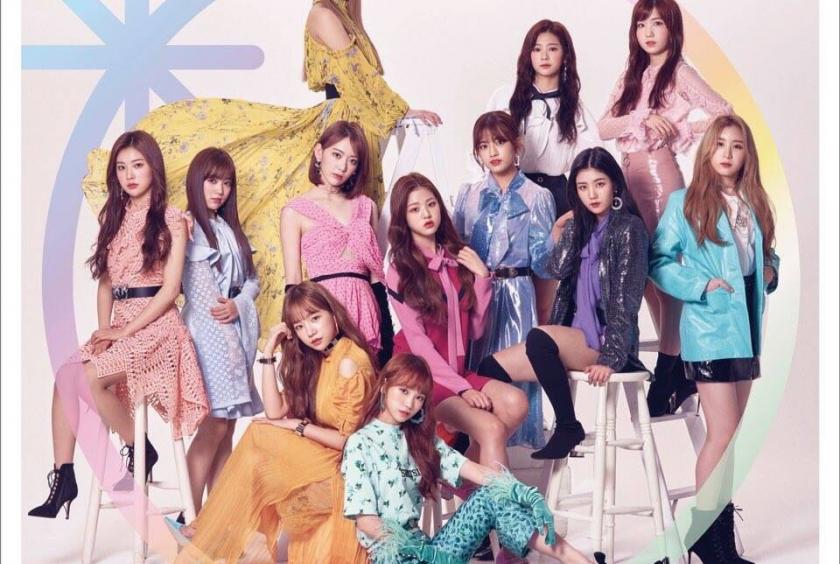(The Japan News/ANN) - The international pop idol group IZ*ONE (a-i-zuwan) comprising three Japanese and nine South Korean girls, made their first Japan song release on Feb. 6.
The girl band had an unconventional beginning — it was created on a South Korean TV program and the 12 members were selected by viewers.
The program, called “Produce 48,” collaborated with the Japanese female idol pop multigroup organization AKB48 Group and aired from last June to August on channel Mnet in South Korea. At the show, 96 competitors, including 39 from AKB48 and 57 pop idol trainees in South Korea, competed with each other in singing and dancing.
The show exhibited not only their performances, but also the friendship and lively communication between the Japanese and South Korean girls.
Viewers watching the show voted for those they wanted to become group members through their smartphone app or on the show’s website. The program was very popular in South Korea. IZ*ONE has attracted fans by singing in two languages.
IZ*ONE made their South Korea debut last October by releasing the album “COLOR*IZ” with three Japanese members, Sakura Miyawaki, Nako Yabuki and Hitomi Honda. In Japan, the girl band has released the single “Suki to Iwasetai” (I want you to say you love me) with lyrics written by AKB48 Group general producer and songwriter Yasushi Akimoto last month.
“Through the show, I discovered that there are also many AKB48 fans in South Korea,” said Produce 48 producer Ahn Joon-young at a South Korea and Japan content business forum, held by the Korea Creative Content Agency in Tokyo on Dec 6.
Before Produce 48, two other such shows, “Produce 101” and “Produce 101 Season 2” ran on Mnet, but with the aim to create pop idol groups singing in Korean.
Ahn said he worked with a Japanese pop idol group to make the program’s format more global, after a Chinese program similar to “Produce 101” became popular in China.
“We can enter the global market and make new history, deepening collaborations between South Korea and Japan,” Ahn said.
“South Korea and Japan have interacted culturally with each other and I think the collaboration between the two countries will continue,” he said.











